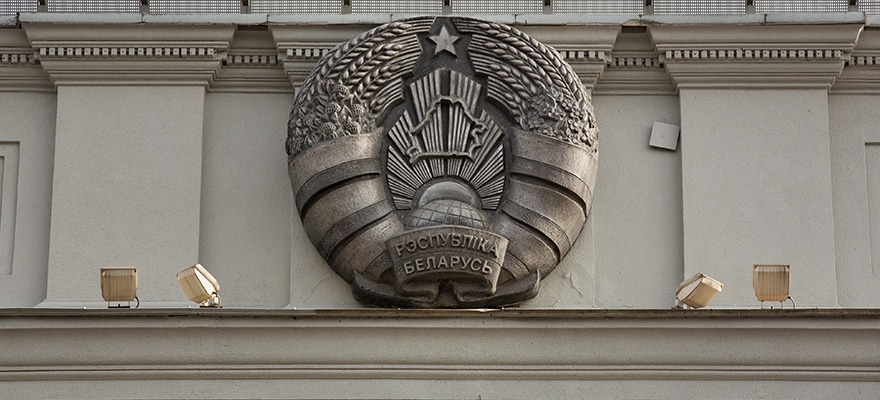While cryptocurrencies like Bitcoin have swept the globe in what can be called a financial, technological, and pop-cultural revolution, cryptocurrency markets have not managed to shake their reputation as volatile and unpredictable territory. Not without good reason, either – after a stunning rally to nearly $20,000, Bitcoin suddenly shed a quarter of its value, dipping briefly below $12,000 earlier today.
However, Belarusian President Alexander Lukashenko has not lost faith in crypto. Lukashenko signed a decree on Thursday that legalizes transactions in cryptocurrency. The decree comes as the latest piece in a movement to make the small country an attractive option for private investors and blockchain startups, nurturing growth of the private sector.
Discover credible partners and premium clients in China’s leading event!
Despite crypto market volatility, Lukashenko stated his country’s intentions to become a haven for cryptocurrency investors and startups. He said earlier this month that “all smart and intelligent people know what stability and order are,” according to local news source BelTA. “They’re all trying to reach that shore. We’re prepared to arrange a dock and even a harbor.”
The decree allows for software development and IT companies to become residents of Belarus’s High-Technologies Park, an economic zone with its own laws and tax codes. Among other things, the decree also exempts new tech companies from certain taxes, allows for increased involvement with foreign banks, and states that HTP resident companies “no longer have to get permissions related to the employment of foreigners.”
Blockchain Could Bring Big Opportunities to Small Nations
Belarus is the latest in a trend of smaller countries embracing cryptocurrency and blockchain technology opportunistically.
In 2016, former Estonian President Toomas Ilves declared “Estonia is now a blockchain nation.” In September of 2017, Kaspar Korjus, director of Estonia’s e-Residency program, proposed the creation of a national cryptocurrency. The plan was initially shot down by European Central Bank President Mario Draghi, who said: “No member state can introduce its own currency. The currency of the eurozone is the euro.”
In spite of Draghi’s remarks, however, Estonia has decided to move forward with the creation of the ‘Estcoin’, which (according to Reuters) can be used to reward e-Residents, verify identities online, and act as a means-of-payment tied to the euro.
here’s #estcoin update for you. and yes, Draghi didn’t exactly kill it. #eResidency https://t.co/lxunYHENZs
— Kaspar Korjus (@kasparkorjus) December 19, 2017
Gibraltar, a miniscule British territory on the southern coast of Spain, has also made major strides to create a welcoming space for cryptocurrency startups and investors.
According to a report from CoinDesk, Gibraltar will be “among the few jurisdictions worldwide to offer a fully regulated framework for firms working with blockchain” starting in January of 2018. In December, Gibraltar announced a plan to create a new kind of license specifically for blockchain-related startups. The Gibraltar Stock Exchange (GSE) has also announced plans to create a tokenized stock exchange ecosystem, the first of its kind in the world.
These movements to make blockchain-friendly spaces come in contrast to some of the world’s largest nations, who have taken rather hostile stances on cryptocurrency. China and Russia have set their own respective crypto bans in motion, with varying degrees of severity; however, observing these small nations, one can’t help but wonder if crypto-unfriendly countries could be missing out on a giant opportunity.





Be First to Comment